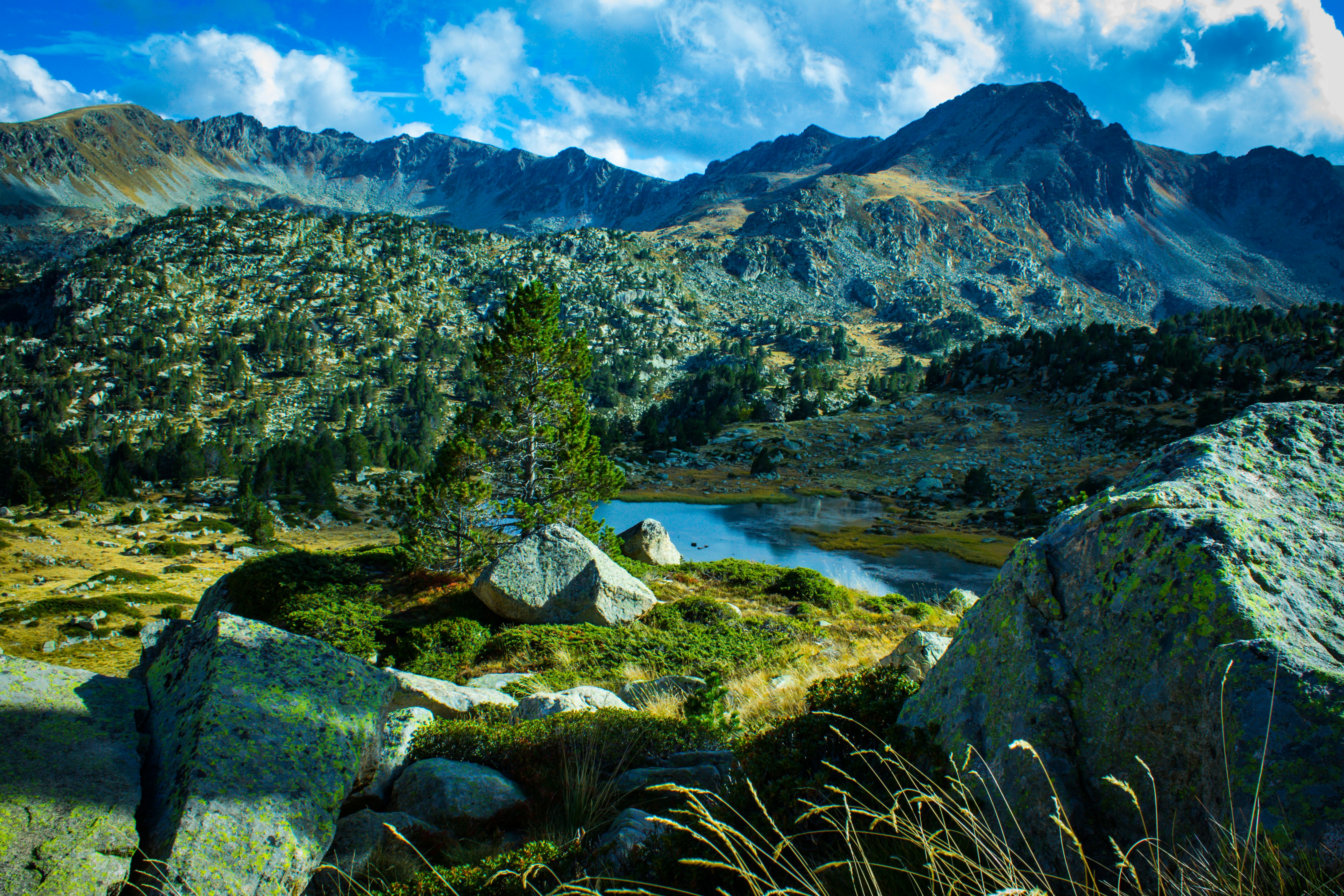Tourists rarely think about the size of the country they’re visiting. Most often, they’re motivated by a sense of wonder and curiosity.
Maybe they want to explore ancient history, modern art, or simply join their friends at a popular music festival.
The focus is on the quality of the journey—not on the number of square miles inside a country’s borders.
But if you’re heading to a place like Europe, then you might accidentally pass by one of its tiny micro-states. And while you might have never heard of them before, they’re highly unique and represent distinct (and under-represented) parts of the European identity.
Let’s count down Europe’s smallest countries, where you can find them, and why they’re worth a visit.
Andorra
Andorra is a tiny country located in the Pyrenees between France and Spain. It’s a strange little place that’s governed by two forces: a Catholic Bishop in Spain and France’s President. Oh, and the official language is Catalan.
Folk theory suggests this country was created by Charlemagne all the way back in the 11th century. History aside, it remains a hot spot for winter tourism, annually welcoming around 10 million visitors. Most come to ski and snowboard down steep mountain passes.
Check out these tours from the capital city, Andorra La Vella:

Liechtenstein
Nestled in the Swiss Alps between Switzerland and Austria, Liechtenstein is a micro-state that boasts one of the world’s highest GDPs. While almost every tiny country on this list is no stranger to luxury, Liechtenstein is different. Up until 2008, the nation was a tax haven for billion-dollar investors.
Since then, the nation’s powerful monarch, Hans-Adam II, and its constitutional assembly have sought to change course. Today, it’s widely regarded as a playground for wealthy winter sports fans.
If you pass through, head to the city of Vaduz. You’ll be able to find some affordable experiences there. Check these ones out:
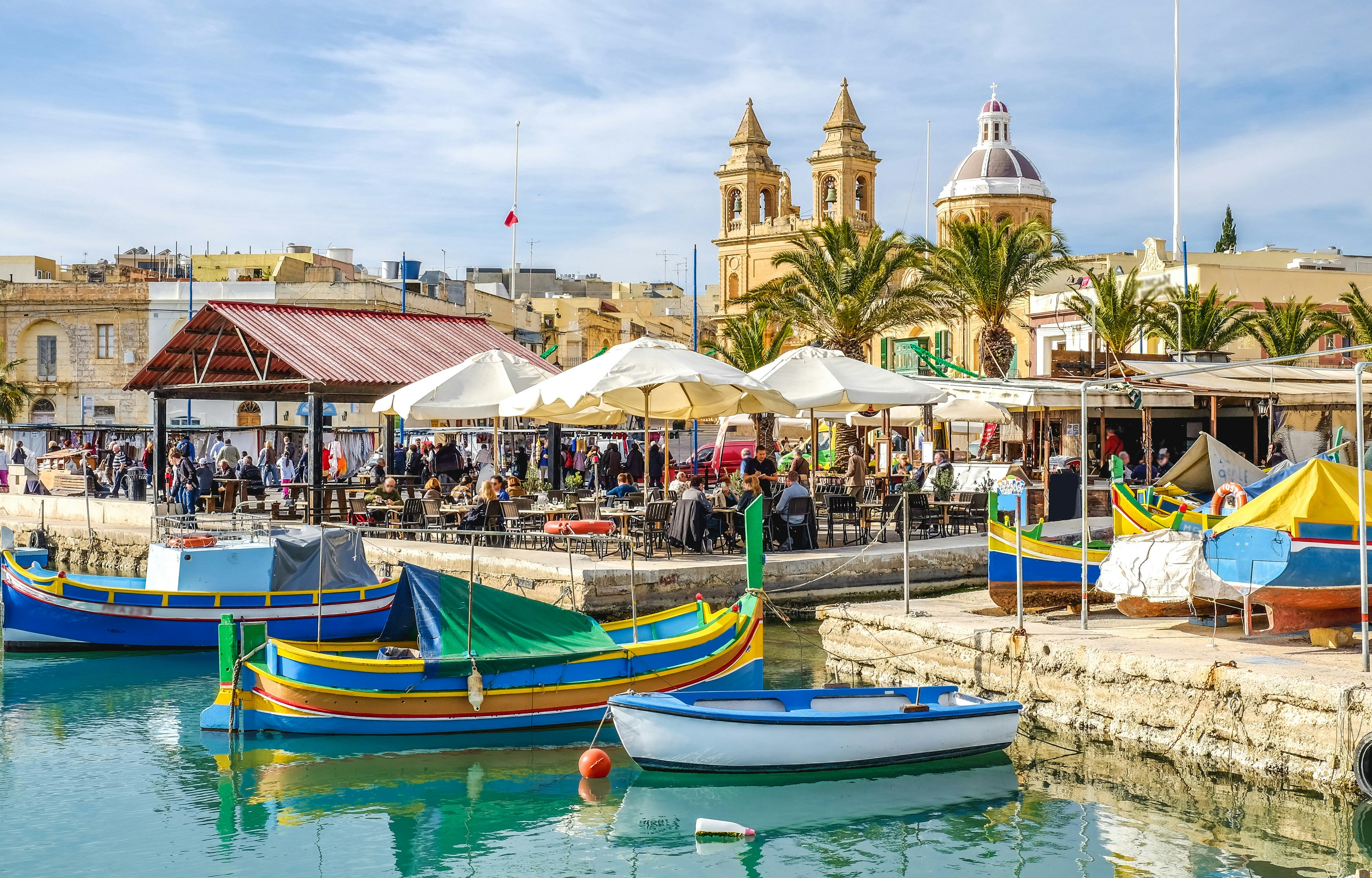
Malta
This tiny archipelago stretches between Northern Africa and Sicily. It’s home to some of the world’s oldest archaeological sites, including megalithic temples and more recent gathering places like Hal Saflieni Hypogeum.
In fact, Malta has been an important strategic zone throughout the ancient and modern worlds. From the Carthaginians to the ongoing Catholic Order of Malta, it’s played an important role in history. You’ll feel that throughout the island.
But you might be more focused on this country’s stunning Mediterranean beaches and rocky coastline. It’s a highly affordable and beautiful (if low-key) vacation spot for many Europeans.
Check out these experiences around the island:
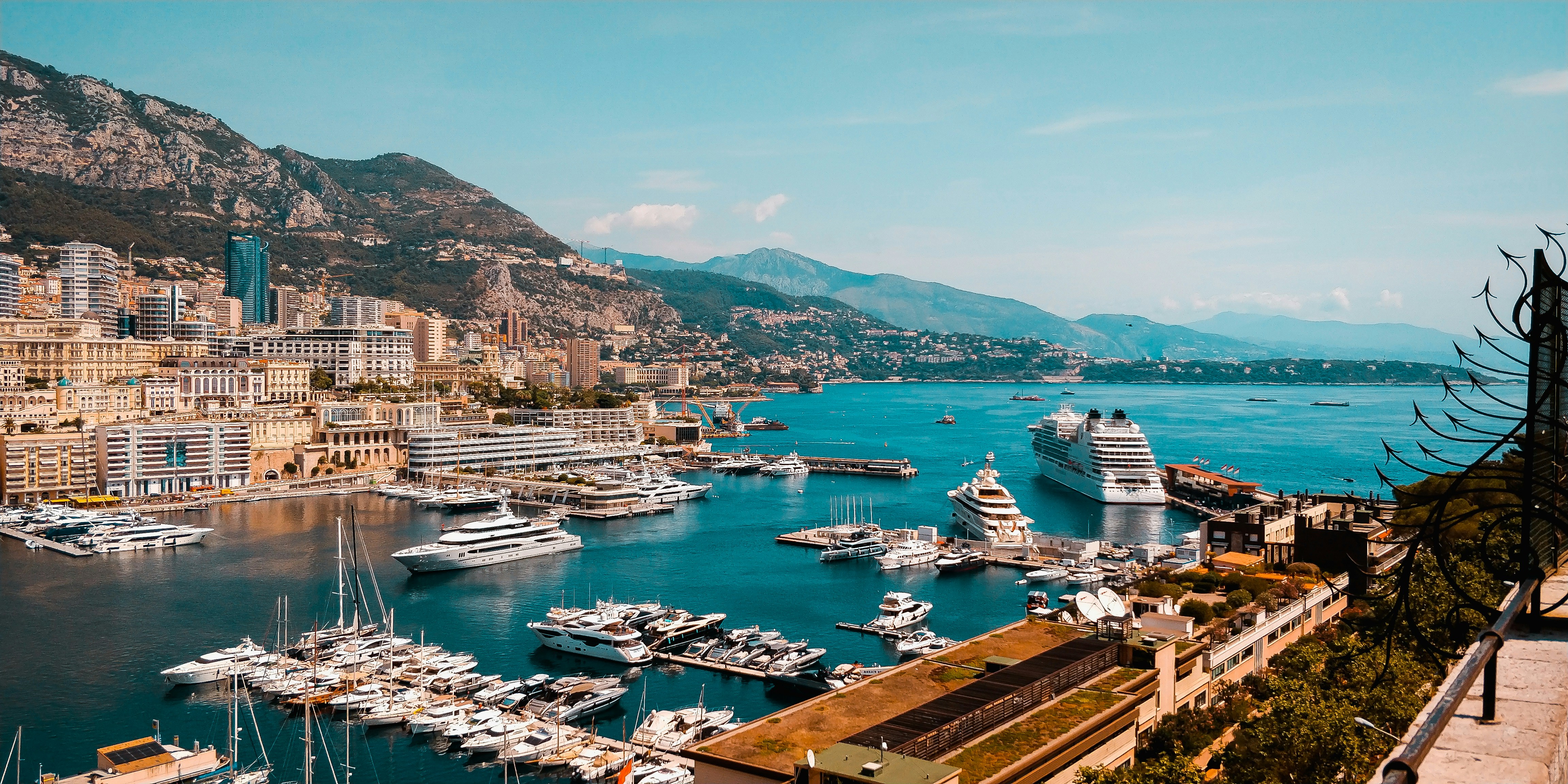
Monaco
I find Monaco to be endlessly fascinating. First, because the nation is run by the House of Grimaldi under a semi-constitutional monarchy. (It’s giving feudal vibes.) Prince Albert II is the head of the House of Grimaldi; he’s also the son of American-born Princess Grace Kelly.
Second, the country’s most famous institutions, including the Monte Carlo Casino, Opera de Monte-Carlo, and the Hotel de Paris in Monte Carlo, tie back to the House of Grimaldi. Officially, these businesses are owned by Société des Bains de Mer de Monaco—a publicly traded company run by the Principality of Monaco that traces back to the House of Grimaldi.
Who says European royalty wields no power today? Anyway, here’s what to do in Monaco:
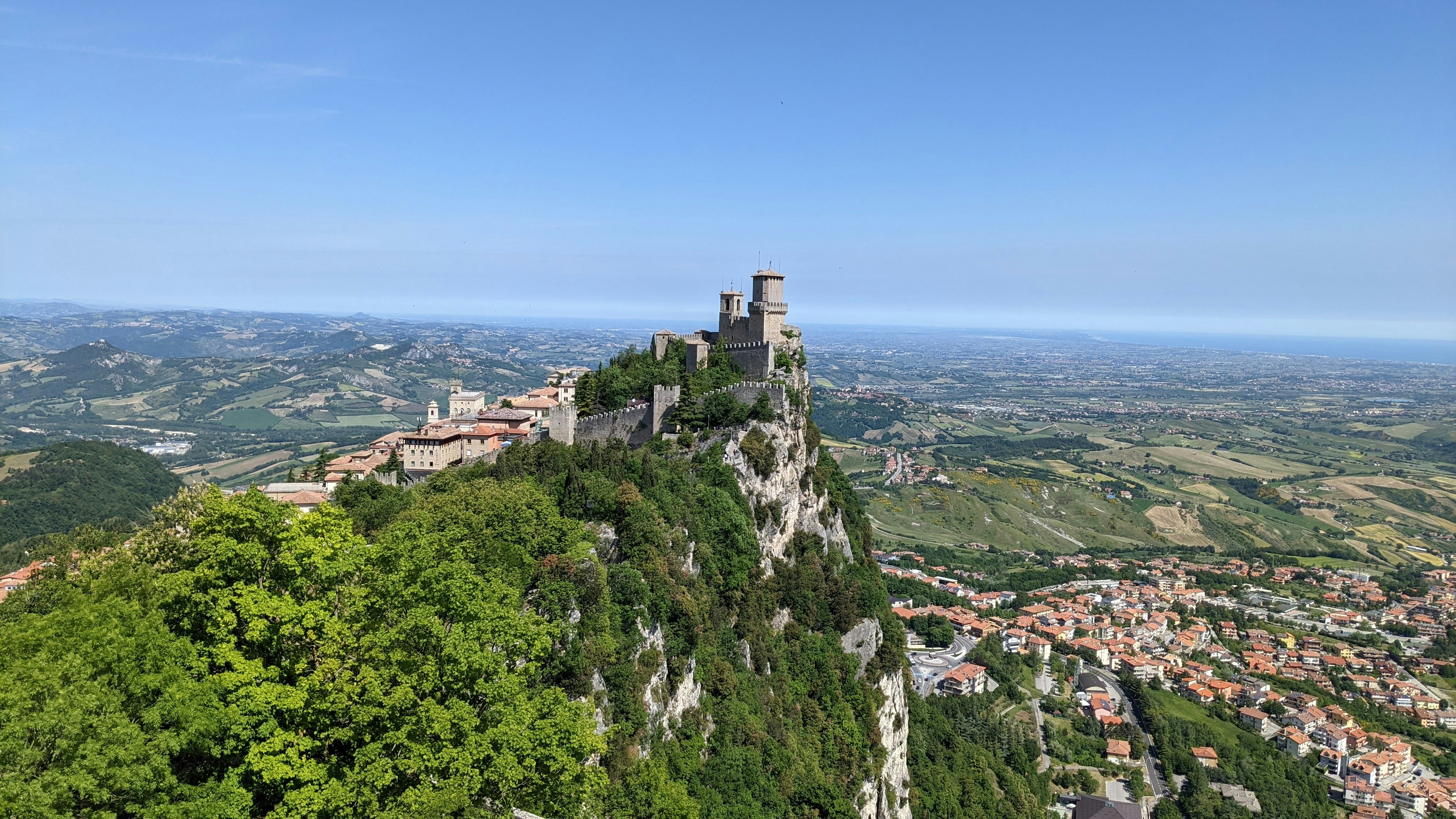
San Marino
Italy is home to two micro-states. The Vatican (covered below) is probably already on your radar. But what about San Marino on the country’s eastern coast?
This is by far the strangest micro-state in Europe in terms of history and economy. San Marino started as a refuge for Christians fleeing the Romans during the Roman Empire. Since then, surrounding European powers have largely left this tiny enclave to its own devices in the Apennine Mountains.
Napoleon passed by in the late 1700s and liked San Marino’s radical independence so much that he let it be. The same happened a century later when Italy decided to unify, and San Marino chose to remain independent.
Today, San Marino is a popular tourist spot for passers-by, especially those interested in medieval architecture. Check out these tours:
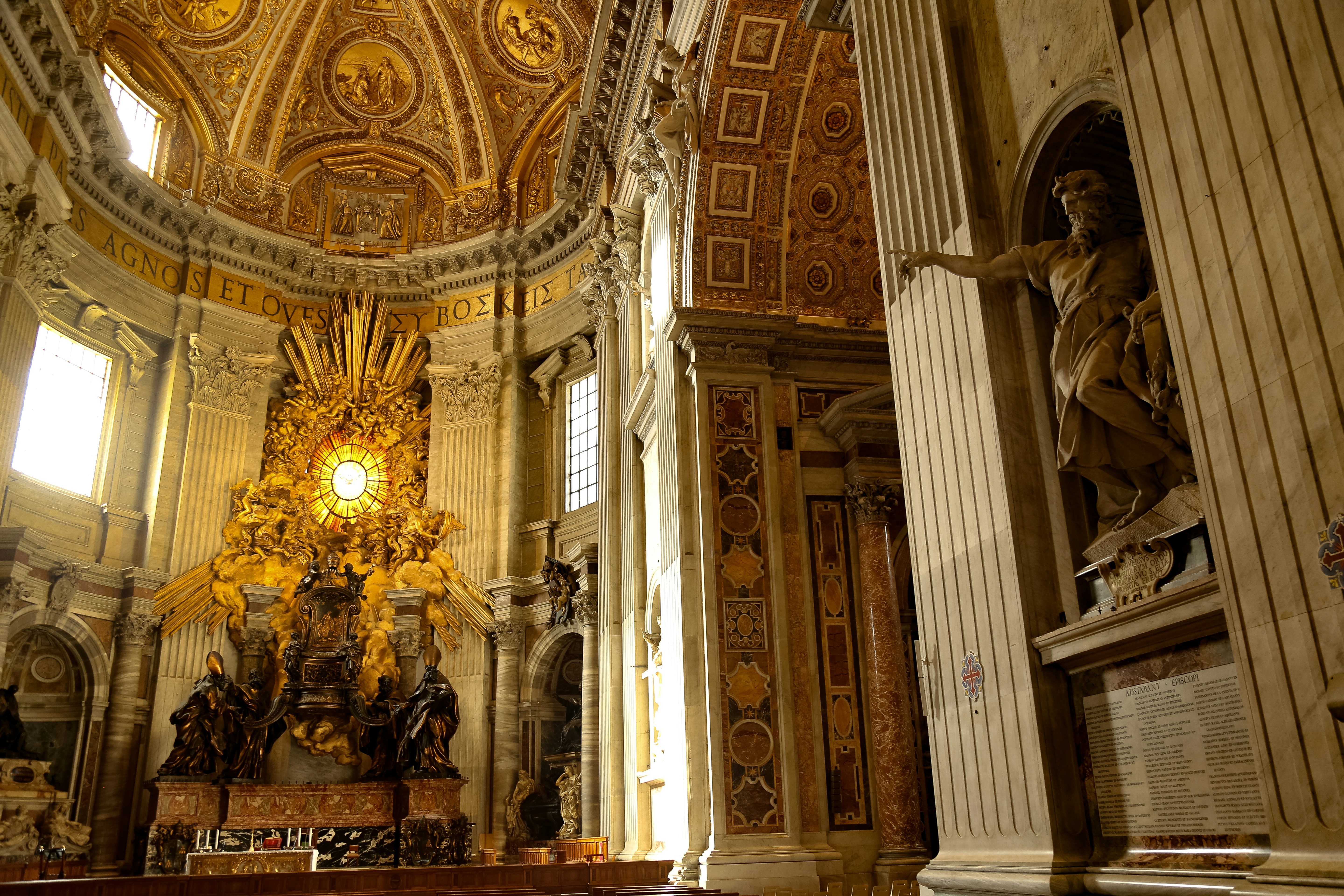
The Vatican
No need to describe the Vatican—it’s one of the most well-known cultural, historical, and religious sites in the world.
If you’re heading to Rome anytime soon, then schedule a tour that will take you inside to see wonders like the Sistine Chapel. Just remember—you can pay extra to skip the lines here, and it’s probably worth the expense.
Look into these highly rated tours:

